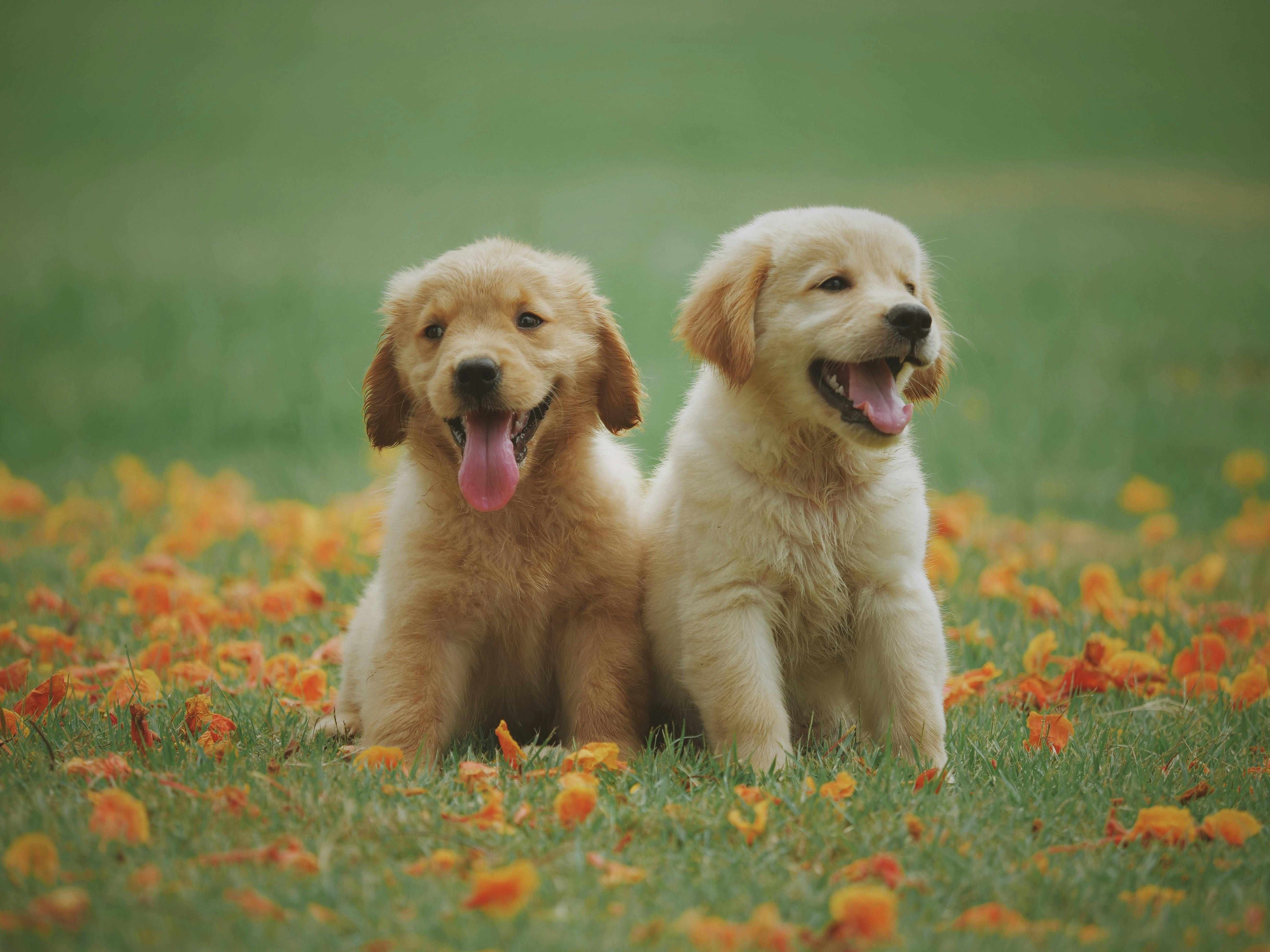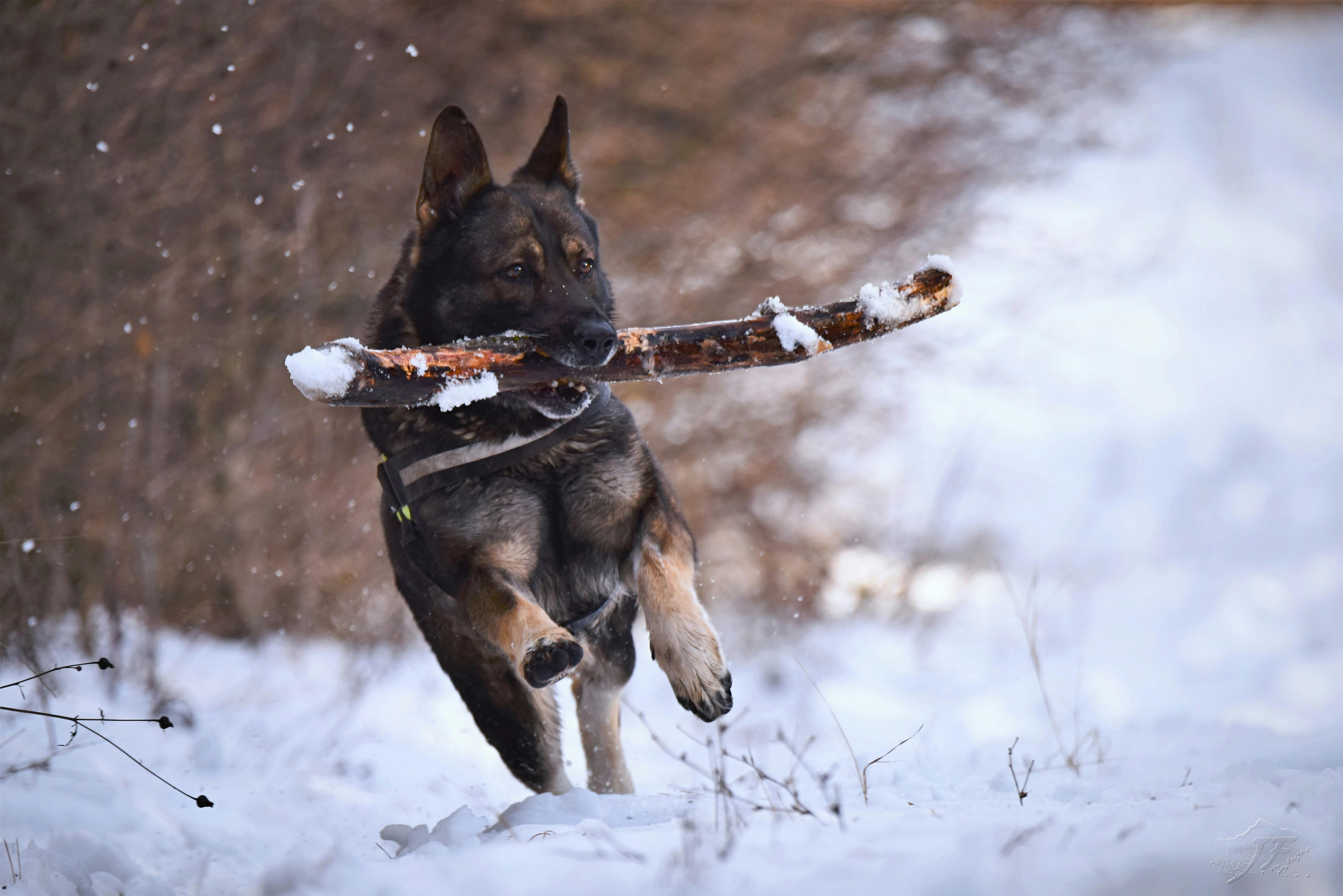There are many changes a puppy can go through during its development. In this article we will list and describe some of the changes in your puppy’s behavior from 16 weeks to 19 weeks of age.
At this point during the puppy’s development, you need to be vigilant and remember that this is the point where he is, in effect, an angry teenager. You may have thought that you have witnessed all the possible behavior problems in the early stages of your puppy’s life, but if you don’t keep your puppy under close supervision, you may start to see other problems manifest. .
Puppy behavior – 16-19 weeks
A step-by-step guide to what to expect
- Your puppy can show different sides of his character. Maybe he’s sweet and was good one minute and then the next minute, maybe he’s pretty ignorant and ignore your training commands.
- Your puppy shows the common characteristics of a teenager, as he thinks he is an adult and an adult, but in fact he is still just a baby.
- You may see your puppy exhibiting nervous behavior, aggression, and dominance issues.
- Depending on your breed of dog, the genetic predisposition may start to show, do a little research on the breed you have.
- Be on the lookout for any scary behavior. You can watch your puppy run away from what he perceives as scary. Of course, you should protect him from any real danger, but don’t be overprotective. If you are constantly picking him up you will start to believe that you have a reason to be scared, by picking up your pup and cuddling him you are reinforcing his negative response.
- Although your puppy is behaving like a teenager, he will also begin to bond with you and other family members.
- Your puppy may start chewing on items around the house; you are basically defying any authority by doing this.
- Hope your pup’s behavior really starts to prove it. You may start to see house training problems with your puppy having house accidents.
- Watch out for anxiety-based issues – barking, separation anxiety, and barking can all appear at this stage in your puppy’s life.
- You can even see food aggression. If you have a well-trained puppy, you should be able to pick up your puppy’s food, sleep on his bedding, and anything that demonstrates his position within the pack. without your puppy shows some aggression.
- Continue to be consistent in all aspects of your training program.
- You should start training your puppy’s basic commands; you’ll have to start releasing it soon.
- Some people feel that puppy training classes are admitting failure. This is far from the truth, as they are a great way to ask other owners questions, gain access to a dog trainer, and socialize your pup with other dogs of different breeds, genders, and sizes.
- Your puppy should be dewormed again during this period,
- It is important to also check your puppy for fleas.
- Expect some of your puppy’s teeth to fall out; don’t panic, they are deciduous teeth and will soon be replaced by adult teeth.
16-19 Week Puppy Behavior – Watch out for separation anxiety or over-attachment.
- It is important that you train your puppy to get used to you not being around; This will help you with any separation anxiety or over-attachment issues. Start by leaving your puppy alone for 15 minutes or even ignore it.
- Get your puppy used to being left alone for periods of time (put him in his crate, however).
- It is important that your puppy does not associate you with leaving the house, that is, when you go to work, always being away from the house for long periods.
- Get out of the house at regular times throughout the day, so your puppy doesn’t start associating your going out of the house with him alone for long periods.
- Don’t make it too important to get out of the house, that is, don’t make her get too excited or jingle the car keys. Make it happen and just walk away.


